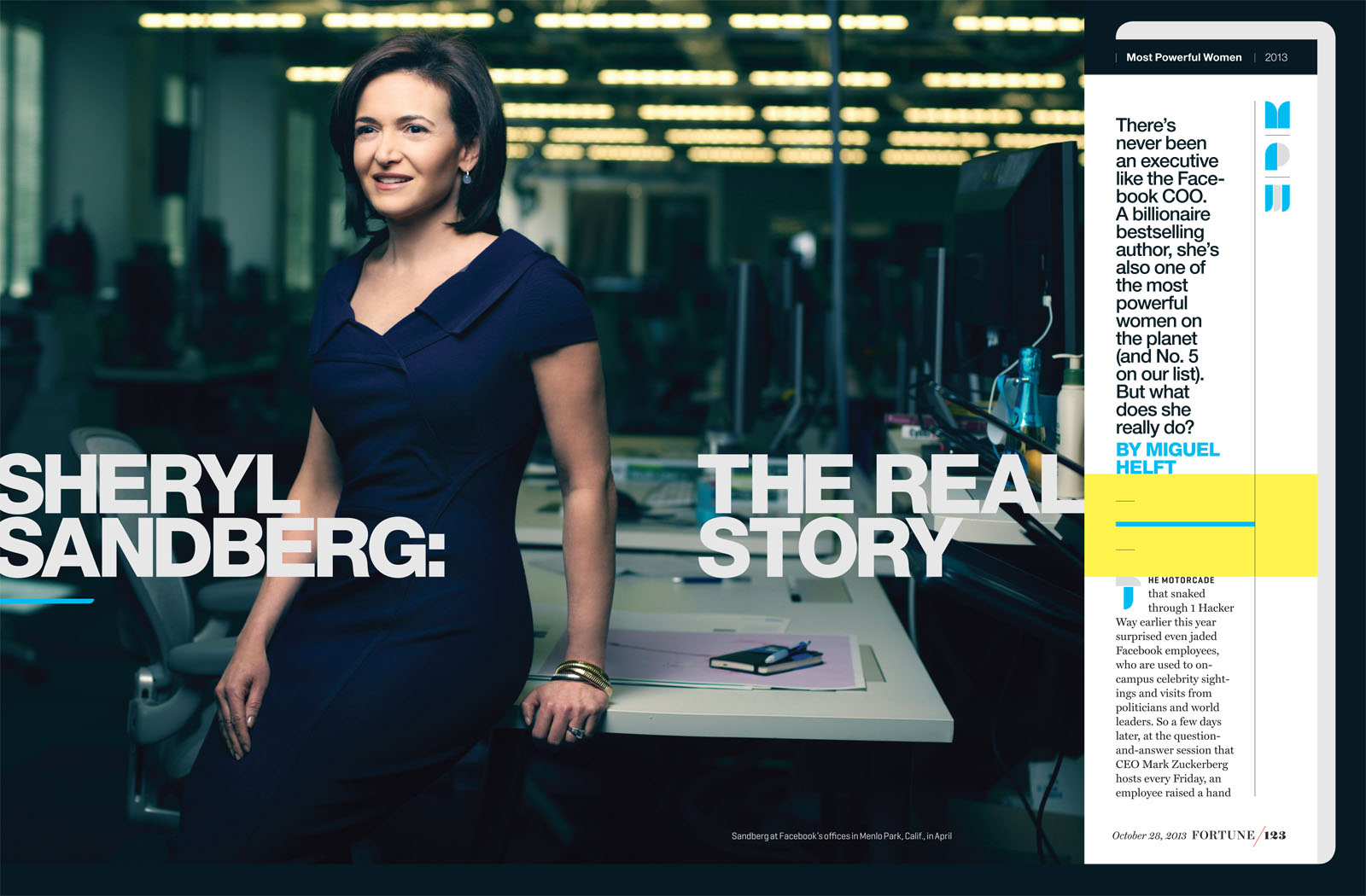Throughout the Middle East and North Africa region, Christian and Muslim communities have historically discouraged dating. Religious values and cultural pressure both demand that men and women do not spend time together until they are ready to get engaged, usually to a partner who they don’t know very well. Of course, a secretive culture of dating has existed for decades, but with the help of modern dating apps, it has taken off over the last four years.
Dating takes different forms in this part of the word. Some young people use online dating as a means to find a romantic interest and then pursue the relationship strictly online, never meeting in person; they feel this allows them to remain within the parameters of modesty set by their religion. Others meet their romantic interests online, but then take the relationship outside the viral realm, spending time with one another in cafes, parks, and cinemas, and sometimes even entering into a sexual relationship with their partner. Regardless of where it leads, online dating is becoming increasingly ubiquitous throughout the Middle East and North Africa (MENA).
Before modern technology, a young person in this part of the world went about marriage in one of two ways. According to Ibrahim, a 26-year-old Egyptian Christian, either a person spontaneously met someone while at university or in the workplace, expressed an interest in this person to the family and soon became engaged, or a couple had an “arranged marriage,” where family members orchestrate meetings between young people and help them find a compatible match.
Online dating, however, gives MENA youth an entirely different tool for meeting potential partners, with or without their family’s knowledge. People are drawn to these dating apps and websites because they provide a buffered space in which users can grow more comfortable talking to the opposite sex, an experience they may not be accustomed to within their conservative communities. And the medium also allows users to control how much information they share with others and to tailor the search to their specific values and wants.
People are drawn to these dating apps and websites because they provide a buffered space in which users can grow more comfortable talking to the opposite sex, an experience they may not be accustomed to within their conservative communities.
There are a dizzying number of phone apps and websites available for online dating. Some were created in the U.S. or Europe and have reached the MENA region, while others were designed specifically for MENA countries. Some, like Tinder and Bumble don’t require more than a few basic pieces of information about the user, while others, more marriage-oriented websites like SalaamLove, expect users to answer a much more detailed set of questions on their religious beliefs, ethnic background, physical attributes and much more. For those interested in online dating while adhering to the strictest interpretation of Islamic law, there are also apps like Al Khattaba, an online matchmaking site for Saudis. Here, no pictures are shared, but there is meticulous analysis of personalities in order to find a compatible spouse.
Each of these apps has its own reputation among Arab youth. Ibrahim dabbled in Tinder and Badoo for a short time, but left because of “fake profiles offering sexual favors” and the high proportion of users looking for hook-ups as opposed to friendships or relationships. On LoveHabibi, however, he says he has formed friendships with people from all over the world.
Meryem, a young Moroccan woman, echoed Ibrahim’s point of view. She signed onto Tinder to date, but discovered that “ultimately a lot of men pretend to want to date [when] in reality they just want to hook up.” She deleted her Tinder profile after only a day, describing the experience as “creepy and overwhelming,” but continues to use Bumble, an app she feels is “clean.”
Omar, a 25-year-old Jordanian, skipped Tinder altogether and used LoveHabibi with the goal of meeting his life partner. Omar decided to try online dating because he felt that certain “irrational and expensive customs,” like families insisting on ostentatious engagement parties and wedding ceremonies, are roadblocks to meeting one’s spouse in the traditional manner.
Overall, the success of online dating remains debatable. While dating websites splash success stories on their main page, many users struggle to find partners. After trying more than 15 dating websites, Omar is convinced that this approach is a waste of time and plans to delete his LoveHabibi account. Similarly, Meryem has not had much success with Bumble. Many men abruptly stop communicating with her once they learn she graduated from Harvard and works for an American company, which she believes suggests that these men are intimidated by her intellect and ambition and would prefer Moroccan women who don’t bring such success to the table. Since then, she has lost interest in using online dating applications, especially after a young Moroccan man, who was either unstable or had a strange sense of humor, pretended to be Superman throughout their conversations.
Still, despite the dubious success rate, many MENA youth choose to explore online dating. One segment of the population—LGBTQ individuals—turns to dating apps and websites to maintain a degree of anonymity. Homosexuality remains illegal in over a dozen MENA countries and its punishments range from a fine and time in prison to the death penalty.
Adam, a 22-year-old Moroccan who identifies as bisexual, joined Tinder to find a girlfriend. He chose to confine his search to females in order to keep his sexual orientation a secret. “Here in Morocco being bi is not something normal,” he explained. “It’s an Islamic country. It’s forbidden by both law and religion.”
Still, many LGBTQ youth are willing to take the risk and open accounts on Tinder and Grindr. Tinder aims to cater to all genders and sexualities, although only some countries, like the U.S., the U.K., and Canada, offer gender options other than male and female. Created in 2009, Grindr caters to gay and bisexual men, as well as “trans man,” “non-binary,” and “non-conforming,” among others.
Aamir, another young Moroccan man who identifies as bisexual, has the same complaint that Ibrahim and Meryem did—that most users on Tinder and Grindr are not interested in a long-lasting romantic relationship, but rather are scoping these dating apps for one-night stands.
Even more risky however, is that authorities have employed dating apps to entrap, threaten, and arrest members of LGBTQ communities. Users have spoken to strangers, who claim to be gay, on dating sites for weeks only to be harassed or arrested upon meeting these romantic interests. The conversations between the user and the person who feigned interest in him/her are then presented as evidence in legal cases against members of the LGBTQ community. Nonprofits like Article 19 are campaigning for dating apps to introduce tighter safety measures for their users and for the companies behind these dating apps to understand the religious and cultural context in which their product is being used and possibly misused.
While online dating in the MENA region has not caught on in the way it has in the United States, the trend has allowed many users to forge relationships that would otherwise have not been possible. MENA youth have had successes and failures in the brave new world of online dating, but most believe that this phenomenon will only increase in popularity because it has opened the door for Arab youth to exercise autonomy over their own relationships.
Originally from Houston, Texas, Selena Rincon studied Modern Middle Eastern Studies and French literature at Harvard University. She is currently a freelance writer based in Morocco.
Photo Credit






Great read! Thank you for the insight into the dating culture in the MENA region.
Excellent
I love your expressiveness and word choice